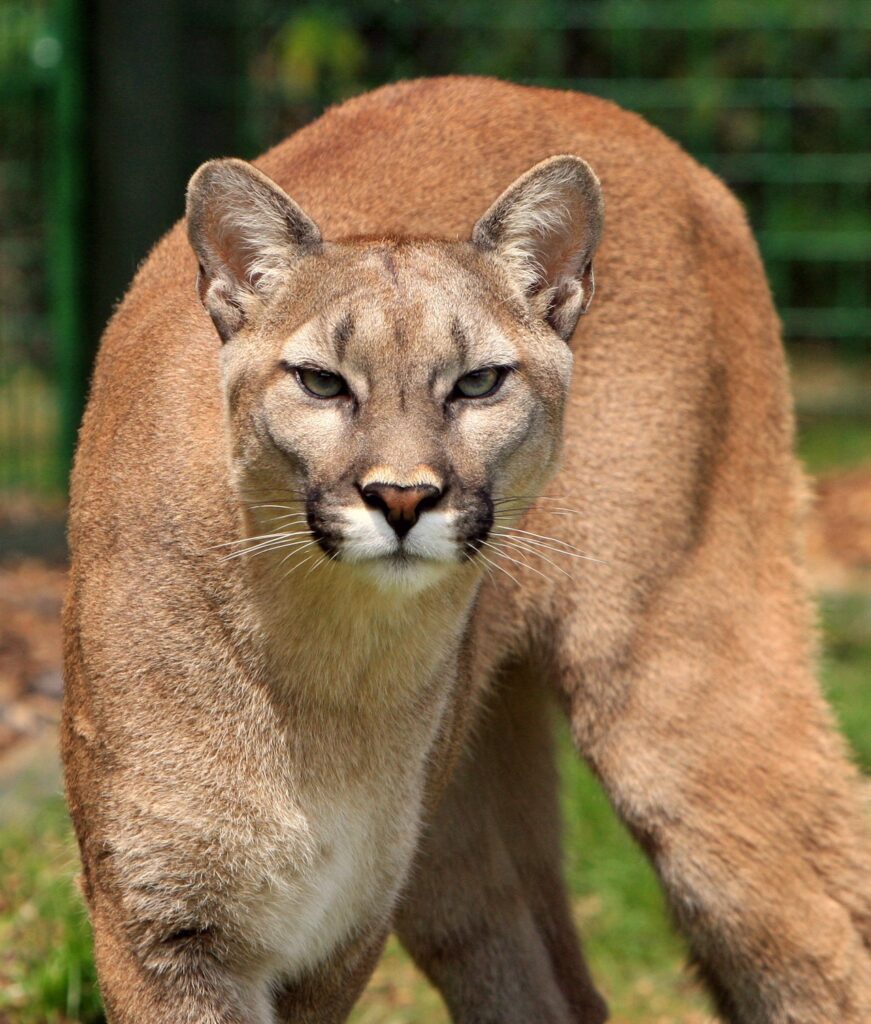
A mount was spotted in Redwood City this Wednesday around noon, so authorities are urging everyone to take extreme precautions to find it.
The wild animal was spotted in the area of Turnsworth Ave and Edgewood Rd, which is why the Redwood City Police Department has called for keeping pets inside and staying in a safe and sheltered place.
He also asked residents who manage to see the animal to call 911 and provide information so that the creature can be captured and brought to safety.
Mountain lions, also called pumas, are solitary animals found throughout the state of California.
About half the state is suitable habitat for them and they can usually be found where deer, their primary prey, are found.
Mount lions are slender, lean cats. Adults typically stand just over 2 feet tall at the shoulders and can be anywhere from 5 to 9 feet long from nose to tail.
They have large legs and proportionally the largest hind legs in the cat family, a feature that allows them great jumping ability, as they can jump vertically up to 18 feet.
The coloration is simple, typically reddish, with lighter patches on the underside of the body, including the jaws, chin, and throat.
Like domestic cats, they vocalize in hisses, growls, and purrs. Mountain lions are obligate carnivores, meaning they only eat meat.
With the passage of the California Wildlife Protection Act in 1990, mount lions became a specially protected mammal, a formal classification that prohibits the killing of mount lions in the state.
However, the California Department of Fish and Wildlife can issue depredation permits that allow you to kill a lion if it attacks livestock or pets.
Since 2001, an average of 94 mount lions statewide have been killed annually under depredation permits. In the
